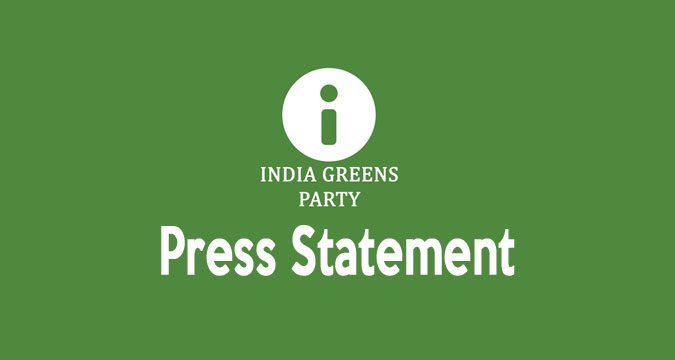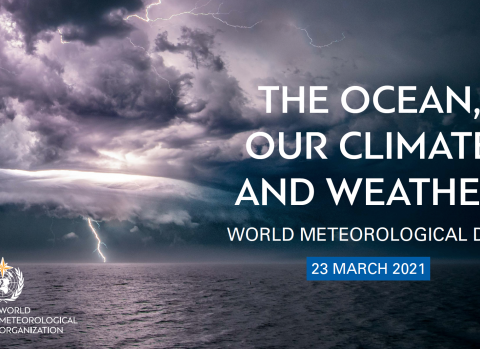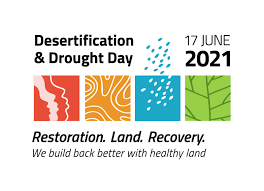INDIA GREENS PARTY
Press Statement
World Leaders Must Do Enough To Stop The Ecological Crisis
New Delhi, 10 December 2019: The India Greens Party (IGP) has expressed its disappointment over the performance of the world leaders at the 25th Conference of Parties to the United Nations Framework Convention on Climate Change or COP25 which began on 2 December in Madrid, Spain under the Presidency of Chile and concludes on 13 December 2019.
Agreeing with the UN Secretary-General Antonio Guterres, the IGP in its statement issued today said that the governments must not take the path of surrender as the people do not want to be remembered as the generation that buried its head in the sand. The world’s major economies must pull their weight to reduce emissions. And, the war against Nature must stop. If we stop digging and drilling and take advantage of the vast possibilities offered by renewable and nature-based solutions, it is possible to restore, revive and rejuvenate the ecology.
At present, world’s 20 largest economies, including India, are responsible for 70 per cent of global greenhouse gas emissions. And in fact, these economies have increased their modest and inadequate carbon-reduction pledges since the Paris Agreement of 2015. None is expected to do so in Madrid, even as global emissions hit record high in 2018, and after setting records the two previous years.
The Indian Cabinet chaired by Prime Minister Narendra Modi, lately approved country’s negotiating stand at the COP25; wherein it proposed that India’s approach would be guided by principles and provisions of UNFCCC and Paris Agreement particularly the principles of Equity and Common But Differentiated Responsibilities and Respective Capability (CBDR-RC).
Regrettably, the Government of India’s stand is not very forthcoming because it, instead, emphasised that developed countries take a lead in undertaking ambitious actions and fulfil their climate finance commitments of mobilising $100 billion per annum by 2020 and progressively and substantially scale up their financial support to inform parties for future action through Nationally Determined Contributions (NDCs).
The IGP regrets that the India and the world governments are not doing enough. The party also agrees with the Swedish teen activist Greta Thunberg who on last Friday criticised the world leaders, gathered for the COP25 summit in Madrid, for not doing enough to stop the ecological crisis that was damaging the planet.
The IGP feels sad that despite FFF (#FridaysForFuture) strikes over a year and around the world, nothing has happened.
“The climate crisis is still being ignored by those in power, and we cannot go on like this,” Ms Thunberg said in Madrid.
It is true that we cannot go on like that because it is beyond our imagination to visualise a world some 20 years from now.
Considering the stands taken by several governments, the situation looks very disappointing. Even the UN Secretary-General Antonio Guterres had to express his disappointment over the global efforts to limit emissions.
The disappointment is visible despite the fact that two hundred countries pledged a Green Revolution on the first day to combat the devastating effects of global warming.
Speaking on the first day of the two-week summit, Guterres said: “Do we really want to be remembered as the generation that buried its head in the sand?” He urged country delegates not to take the path of surrender in dealing with climate change.
Guterres rightly took the world’s major economies to task for not pulling their weight to reduce emissions.
Even ahead of the COP25 summit, the UN head had said we were rapidly approaching the point of no return. We are confronted with a global climate crisis and the point of no return is no longer over the horizon, it is in sight and hurtling towards us.
“Our war against nature must stop, and we know that it is possible. We simply have to stop digging and drilling and take advantage of the vast possibilities offered by renewable energy and nature-based solutions.,” he said.
Across the globe, catastrophic weather patterns — from floods to fire to extreme droughts and heavy snowstorms — are wreaking havoc on both human and animal life. Scientists are warning that the world is running out of time to reverse the worst possible effects of man-made climate breakdown. Guterres took member nations to task for not sticking to the 2015 Paris climate agreement, which calls on a limit to fossil fuel use in an attempt to curb global temperatures increases.
The IGP feels it is a sad story that even as half a million protesters demonstrated in Madrid, the UN climate summit negotiators inside the COP25 summit seemed blind to the urgency of the climate crisis.
In fact, instead of making effective progress, the rules they’re shaping to carry out the Paris Agreement’s Article 6 could worsen carbon emissions, not staunch them. For example, Article 6 doesn’t include rules to protect native forests. Instead it could promote turning forests into monoculture tree plantations — providing minimal carbon sequestration and no ecosystem services, while devastating biodiversity. Some critics think the policy may have been shaped by logging interests.
It is sad that the so-called biomass carbon accounting loophole is also not up for discussion. Its continuance will allow the burning of biomass wood pellets at power plants, energy production classified by the UN as carbon neutral. However, established science has found that industrial biomass burning will add significantly to carbon emissions.
It is sad that the COP25 delegates are working to hide emissions and allow UN carbon accounting loopholes.
In a nutshell, the COP25 summit marks the point of no return in humanity’s fight against climate change.
The COP25 was scheduled to be a Latin American one, originally to be hosted by Brazil. However, consistent with his position on climate change and ongoing disregard for the voices of indigenous peoples and civil society, Brazilian President Jair Bolsonaro refused the invitation. Chile then offered to host the COP25, and to assume the official Presidency. One of the main goals of this COP was to ensure the open and transparent participation of civil society. Representatives of civil society were included in the COP25 committee and a civil society environmental summit space was created and a Green Zone, open to everyone and to be located directly next to the official negotiating space, was designed. Later, Spain offered to host the COP25 summit in Madrid, following Chile’s withdrawal as host amid raging street protests in the South American nation.





